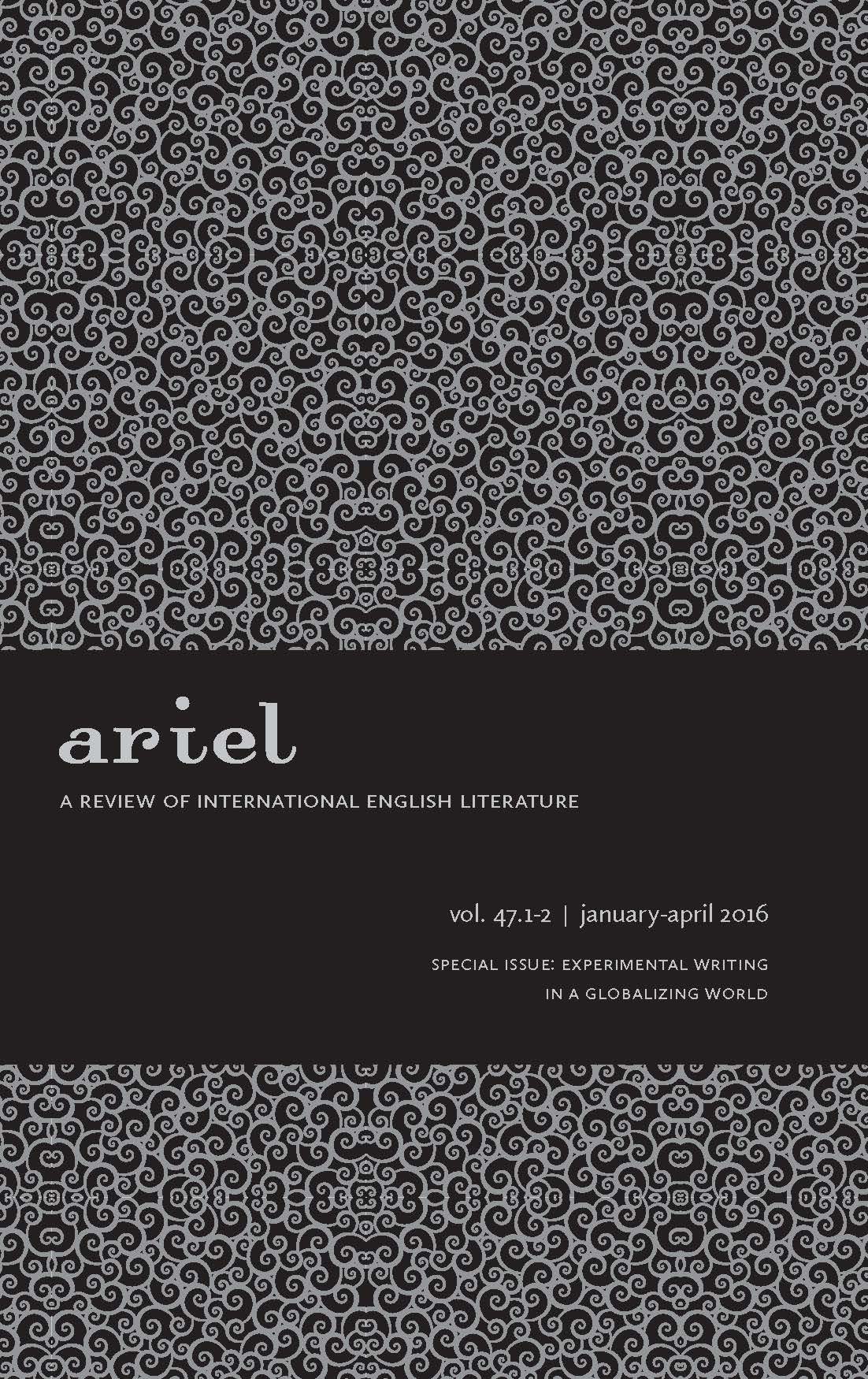Towards a Theory of Experimental World Epic: David Mitchell’s Cloud Atlas
Keywords:
globalization, experimental writing, David Mitchell, Cloud AtlasAbstract
Today, world literature is seen as a mode of reading and ‘problem’ that demands new critical methods, especially in the light of globalization. This article proposes that certain contemporary fictions take the form of world literary allegory: striving aesthetically and politically to articulate the contexts and conditions of their own existence, intervention, and status as ‘readable’ participants in world culture and the global literary marketplace. To what extent might such fictions test the limits and possibilities for literary experimentation in a globalizing world? What kinds of maps, methods, and capacities for ‘reading’ a globalizing world emerge through this kind of world literature so anxiously concerned about its own status and world-making potential? By way of response to these questions, this article reads David Mitchell’s Cloud Atlas as a world allegory and experimental epic that creatively ‘cannibalizes’ global discourses and world culture, challenging its readers to participate actively in the epic action of world-making as it ranges across close-distant-planetary modes and scales of reading. Its experimental remediation of epic conventions for representing the hero, journey to the underworld, and cosmology works through and beyond the predacities of hegemonic globalization. As world literary allegory and experimental epic, Cloud Atlas intervenes creatively in a globalizing world to (re)map global discourses of knowledge, critique the precarious conditions induced by unfettered global capitalism, and foster more ethically-oriented and politically-aware reading practices on a planetary scale.


